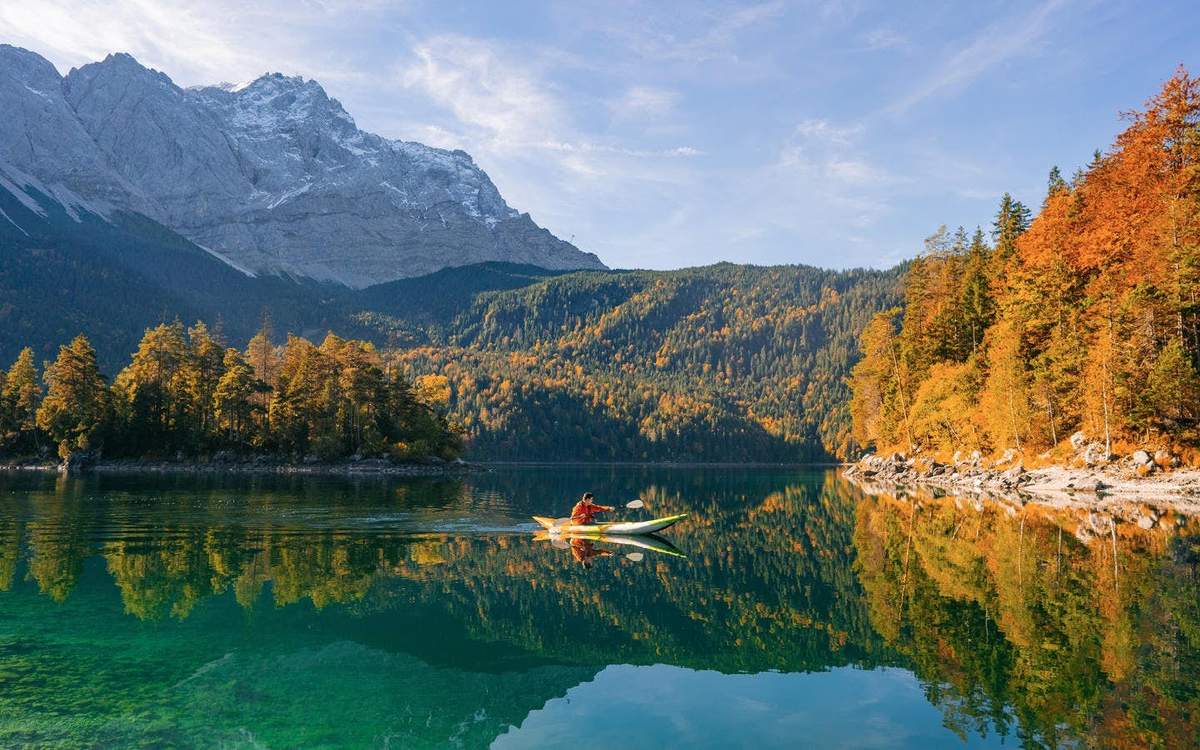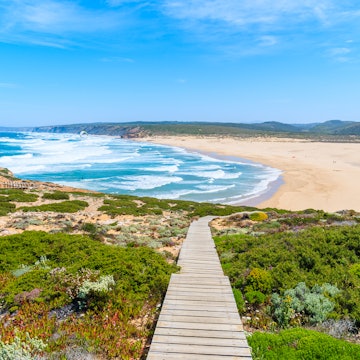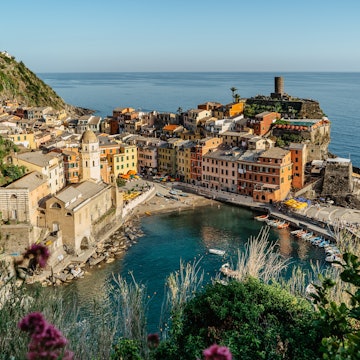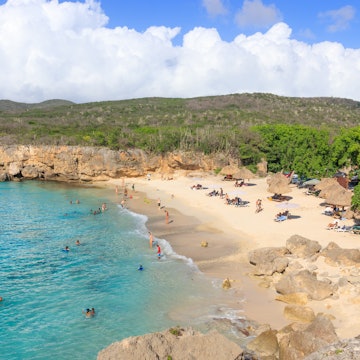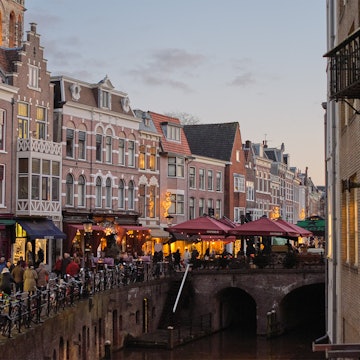
Amsterdam vs Berlin: which free-spirited European city should you visit first?



L: Café Papeneiland in the Jordaan district of Amsterdam. S. Vincent/Shutterstock; R: Altes Museum and Berlin Cathedral. Jorg Greuel/Getty Images
Planning a European city break but struggling to choose between Amsterdam and Berlin?
Both of these capital cities have so much to offer – historically significant sites, streets and museums full of cutting-edge art and classic masterpieces, and nightlife that can keep you dancing well into the following day. But each also has its own unique spin.
Here, two Lonely Planet writers put forward their case for why their favorite city should be your top choice too.
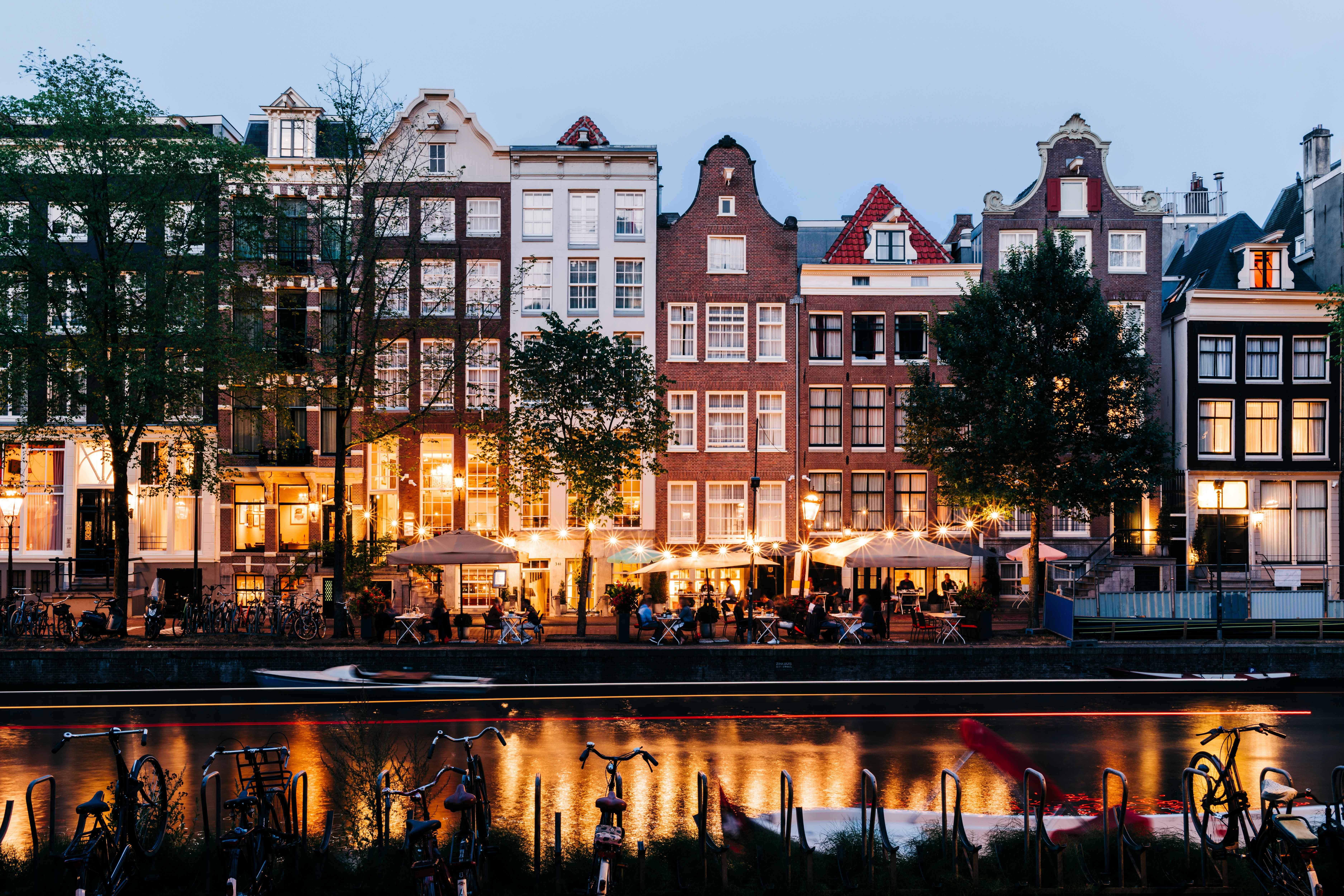
Why Amsterdam is the best place to go
Over two decades writing for Lonely Planet, Catherine Le Nevez has authored numerous guides to the Netherlands and Pocket Amsterdam, and while she’s also covered Germany many times, it’s Amsterdam that completely steals her heart.
For me, Amsterdam is the better option for a vacation, and here’s the biggest reason why: at a quarter of Berlin’s size, in Amsterdam it’s distilled into a concentrated space. Cozy, intimate and full of charm, with its narrow streets, canals and candlelit bruin café (a traditional Dutch pub) – and <1 million population made up of 180 nationalities – it feels like a global village.
Yet this is also one of the world’s great cities. Amsterdam is infused with history (this year, it hosts activities all year to celebrate 750 years since this “dam built across the Amstel” was granted toll-free status, springboarding it to become a seafaring superpower) and awash with legacies like its 17th-century canal ring (a UNESCO World Heritage site, as are Amsterdam’s surrounding forts, dikes and polders that form the ingenious Dutch Water Defence Lines). Though the city remained largely intact after WWII, poignant reminders include the profoundly moving Anne Frank Huis.
Amsterdam still has echoes too of its place as Europe’s counterculture magisch centrum (“magical center”) in the late 1960s/early 1970s, when legendary nightlife venues like Melkweg (a former dairy) and Paradiso (a 19th-century church) were reborn, and its open-mindedness and free-spiritedness permeate through the city. Sure, Berlin’s clubbing is amazing, but Amsterdam – the first city in the world to appoint a dedicated “night mayor” – has an epic EDM scene, with 24-hour venues like Radion and a phenomenal festival line-up that includes the zeitgeist-defining Amsterdam Open Air and ADE (Amsterdam Dance Event), not to mention the world’s first electronic music museum, Our House. (There’s no shortage of other music venues, including the glorious concert hall the Concertgebouw, snazzy Muziekgebouw, and Dutch National Opera & Ballet.)

Then there’s Amsterdam’s incredible trove of art, from Rembrandt’s former home and studio and his masterpieces at the Rijksmuseum at Museumplein, alongside the Van Gogh Museum. Not only historic, art is in overdrive in this hypercreative environment. In Amsterdam Noord – the city’s most eclectic and electrifying post-industrial neighborhood – works are created in situ in repurposed shipyards at gargantuan street-art museum, STRAAT and broedplaats (“breeding ground”) NDSM Loods – and even whole new artforms like data sculptures at the mind-blowing intersection of tech and art at Nxt.
Noord is just five minutes from the center by free passenger and bicycle ferry. And that’s where Amsterdam’s compactness really comes into its own. Nothing is far here, everything is walkable and/or cyclable (there are over 500km/310 miles of bike lanes), and public transport is superb. In the time it takes you to figure out where you’re going in Berlin, in Amsterdam, you’re already there.
Admittedly, a flipside to Amsterdam’s small size and immense charm is that overtourism has had a definite impact here, but authorities are finding innovative ways to manage it, and mindful visitors – in the spirit of a true global village – are absolutely welcome. You can easily skip the crowds by visiting at less-busy times and by visiting under-the-radar neighborhoods, and have meaningful experiences, such as cruising the waterways aboard a former refugee boat helmed by refugee guides, with Rederij Lampedusa. Next to its dock is Mediamatic, bringing together art, nature, biology and plant-based food grown in its own on-site greenhouses. It captures the essence of where Amsterdam is today, and where it’s going: sustainability initiatives are powering up all over Amsterdam as it aims to become a fully circular economy by 2050.
Like Amsterdam, the whole country (which would fit nine times over into Germany) is compact and crisscrossed by bicycle paths, offering day trips that in Berlin would be considered a commute. By train you can zip from Amsterdam Centraal Station to fantastic Dutch cities like Haarlem (15 minutes), Rotterdam (39 minutes) and countless others, with powdery beaches, dunes, forests, tulip fields and so much more within day-tripping distance too.
If you’re able to visit both Amsterdam and Berlin, you can even fall asleep in either city aboard the European Sleeper night train and wake up in the other. But if you have to choose just one? Make it Amsterdam.

Why Berlin is the best place to go
Author of all editions of Lonely Planet Berlin and Pocket Berlin, Andrea Schulte-Peevers decamped from Los Angeles to Berlin 15 years ago and has never looked back. She considers the city her personal fountain of youth.
The first time I set foot in Berlin, I was just a kid and the Wall still stood tall. Returning in the post-Wall 1990s, I witnessed a city busy shaping its new identity. Since then, I’ve watched it grow into a dazzling – sometimes dysfunctional but always vibrant – metropolis that remains a cauldron of experimentation and a magnet for start-ups.
Once Berlin hooks you, you’re hooked for life. Unlike canal-laced Amsterdam, which is compact and cozy, the German capital is so expansive that it rarely feels overcrowded. Once you’ve ticked off the iconic spots like the Brandenburg Gate, East Side Gallery, Reichstag and Checkpoint Charlie, dive into the idiosyncratic neighborhoods – or Kieze as locals call them. Sip cold beers by the canal in alt-flavored Kreuzberg, launch into a Neukölln all-nighter, hunt for indie threads around Hackescher Markt or channel royalty in Charlottenburg’s Prussian palace.
Sorry Amsterdam, but when it comes to culture, Berlin definitely has the edge. Sure, you’ve got Van Gogh and the Rijksmuseum, but we’ve got more museums than rainy days! You could easily spend an afternoon getting lost on Museum Island alone, exploring treasures from Bronze Age relics to contemporary marvels – no wonder it’s a UNESCO World Heritage site. The arc of artistic expression is on display in dozens of galleries, from Old Masters in the Gemäldegalerie to the Boros Collection’s edgy artworks inside a WWII bunker.

And art is not confined to museums in Berlin. The city’s punk spirit and Peter Pan personality have practically turned it into an urban canvas, from stickers on lampposts to epic murals by street art legends like Shephard Fairey and Blu. And then there are those unique, game-changing experiences. Where else can you fly a kite or cycle around a former airport resurrected as a vast outdoor playground? Or admire sublime street art and breathtaking city views in a Cold War spy station atop a hill built from wartime debris? Only in Berlin!
Nightlife? Amsterdam’s got game, but Berlin has mastered the art of the lost weekend. With no curfew to interrupt the fun, you can literally go clubbing from Friday till Monday. Can’t crack the code to get into myth-shrouded Berghain? No worries, Berlin is packed with spots where you can let loose and have a blast, plus pop-up events in parks, on bridges and even at Spätis (late-night convenience stores).
Winter in Berlin can be brutal, but darkness and gloom are quickly forgotten when – instead of Amsterdam’s tulips – our cherry trees start showing off their pink-blossom glory, signaling the happy arrival of beer garden season. Summer can bring infernal heat waves, but there’s no cooler cure than spreading your towel and dipping into a silky lake like the woodsy Schlachtensee or century-old Strandbad Wannsee. In town, global hipsters gravitate towards the Badeschiff, a river cargo barge turned swimming pool moored in the Spree River.
Finally, let’s whet your appetite for Berlin’s culinary temptations. Gone are the days when the German capital was a white patch on the foodie map. Now Michelin stars sprinkle down, and two of our restaurants are among the world’s top 50. Equally exciting are the unsung street food heroes that reflect flavors from the 190 nations calling Berlin home. From arepas to zongzi (sticky rice dumplings), you’ll find it in Berlin. And don’t leave town without trying our famous Currywurst. This Berlin native from 1949 is a joyride for your palate: the sausage snaps like your patience in rush hour, the tangy sauce dances on your tongue, and the fries tag along for the fun.
No matter if you’ve come for the history, the nightlife or the street food, Berlin will surely have you yearning for more.




